31 January 2025
Let’s be real—there’s something magical about custom game characters, isn’t there? You spend hours tweaking every pixel, perfecting every outfit, and making sure their hairstyle screams "This is me!" Suddenly, this little digital avatar isn’t just a pile of polygons anymore—it feels alive. But why does that happen? Why do we get so emotionally attached to characters we’ve created in video games? Pull up a chair (or gaming chair, preferably), because we’re about to dive into the fascinating science of player attachment to customized game characters.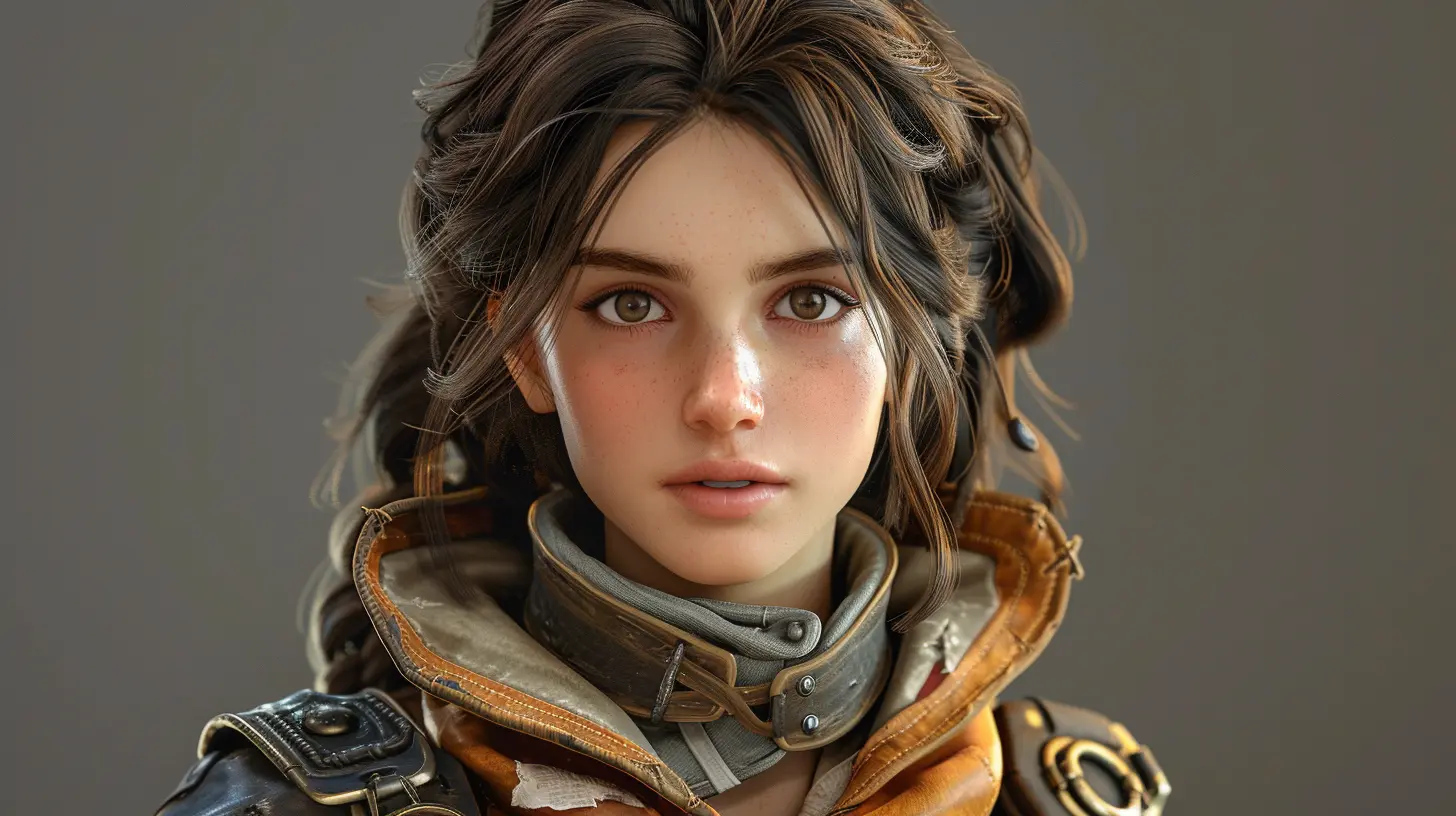
It’s Personal: The Psychology of Self-Representation
First off, let’s talk about the concept of self-representation. Have you ever noticed how your custom characters often reflect pieces of your own personality? Even if they don’t look like you, they’re usually some version of how you see yourself—or how you wish to see yourself. In psychology, this is called the Proteus Effect, named after a shape-shifting Greek god. Cool name, right?Basically, the Proteus Effect suggests that the way we present ourselves in virtual spaces (like video games) can actually influence our thoughts, feelings, and behavior in real life. So, when you spend hours designing your avatar in a role-playing game, you’re essentially creating a digital reflection of you. And because it feels like an extension of your identity, you start forming a connection.
It’s like raising a Tamagotchi back in the day. The bond comes from the time and effort you invest. The more you work on your character, the more you feel like, “This is mine. This is me.”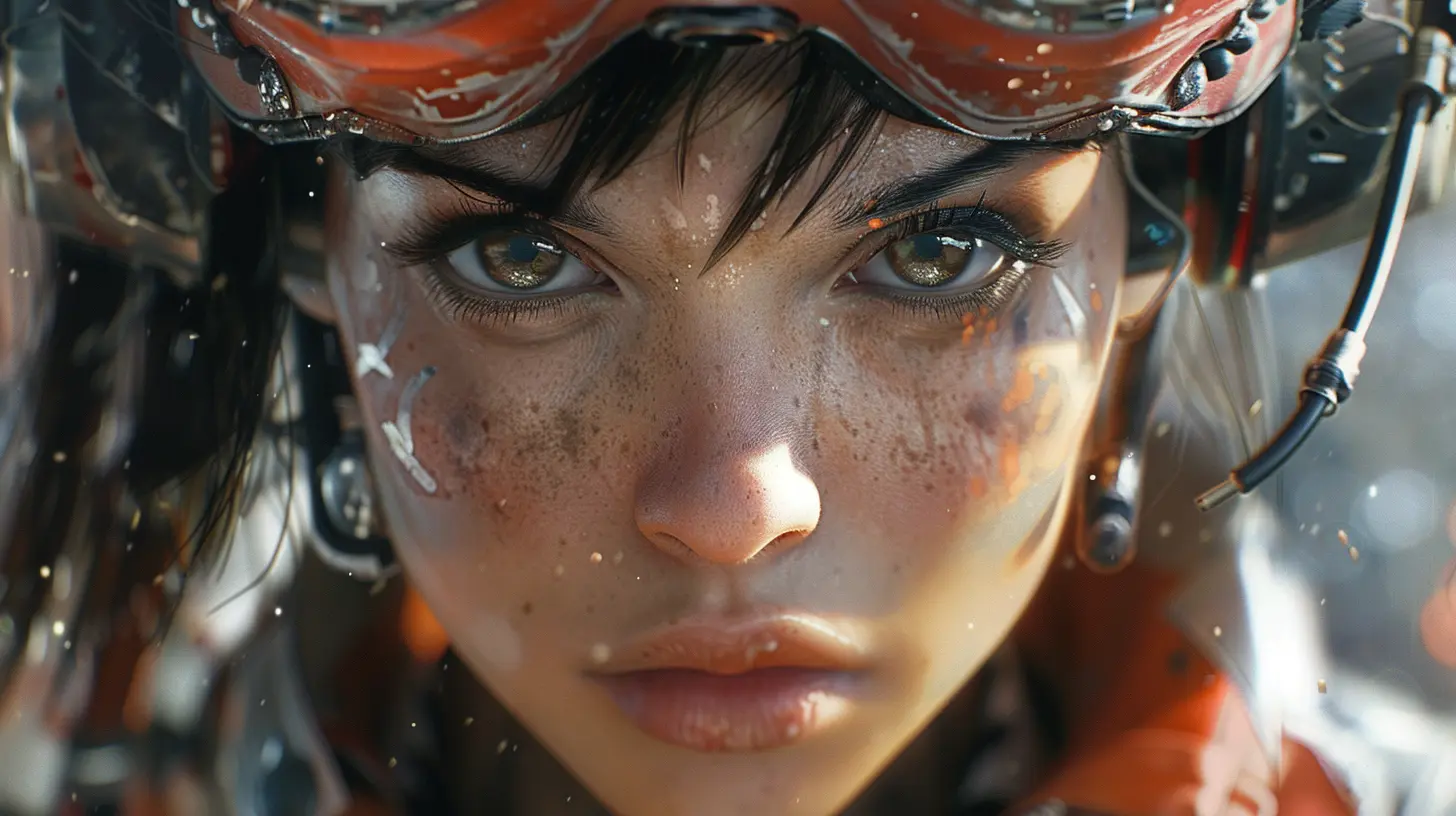
The Power of Ownership: When It’s Yours, It’s Special
Ever notice how you feel more attached to something when it’s uniquely yours? Psychologists call this the endowment effect. It’s the same reason why your old, beat-up car feels way more valuable to you than it does to the guy at the dealership. Once we “own” something—whether it’s a physical item or a virtual character—we automatically assign more emotional value to it.When you create a custom character, you’re not just hitting “randomize” and calling it a day. Nah, you’re investing your time, creativity, and energy into crafting something original. And that sense of ownership makes the character feel more special. You might even go as far as to call them your digital “baby.” (Don’t lie; we’ve all done it.)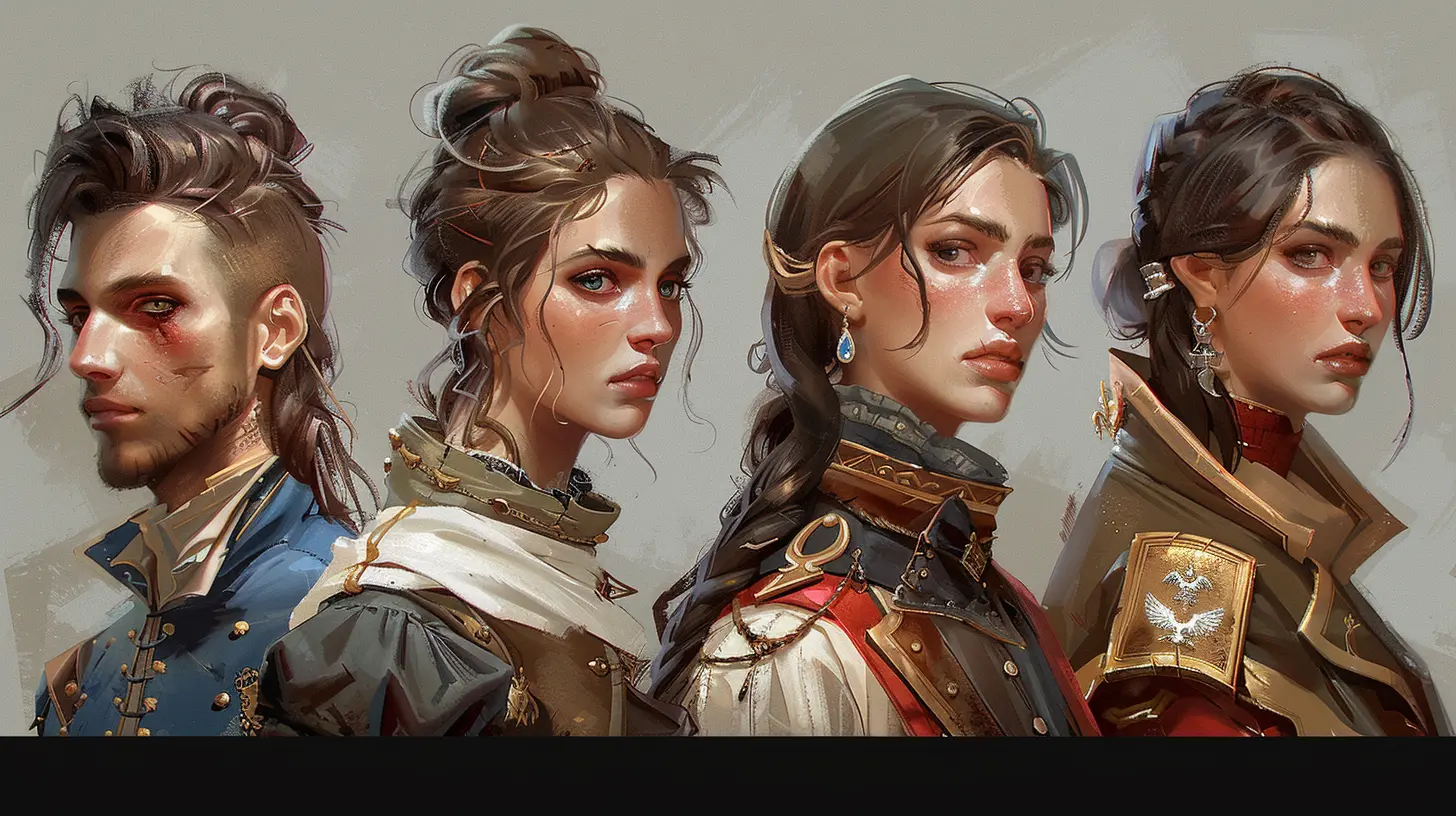
Narrative Immersion: Living Through Your Avatar
Let’s talk about stories. Humans are hardwired to respond to narratives—our brains love a good story. And video games? They’re basically interactive theaters for storytelling. When you step into the shoes of a game character, you’re not just playing a game; you’re walking through a story as that character.Now, add customization into the mix. When you take on the role of a character you’ve personally designed, the story doesn’t just feel like a story—it feels like your story. You’re no longer a passive participant; you’re an active player in the drama. Every decision you make feels more meaningful because it’s you—or at least your digital stand-in—making them.
Think about it: Would Commander Shepard’s journey in Mass Effect hit as hard if you couldn’t customize them to suit your vision? Probably not. Customization makes the story more immersive, creating a deeper emotional investment.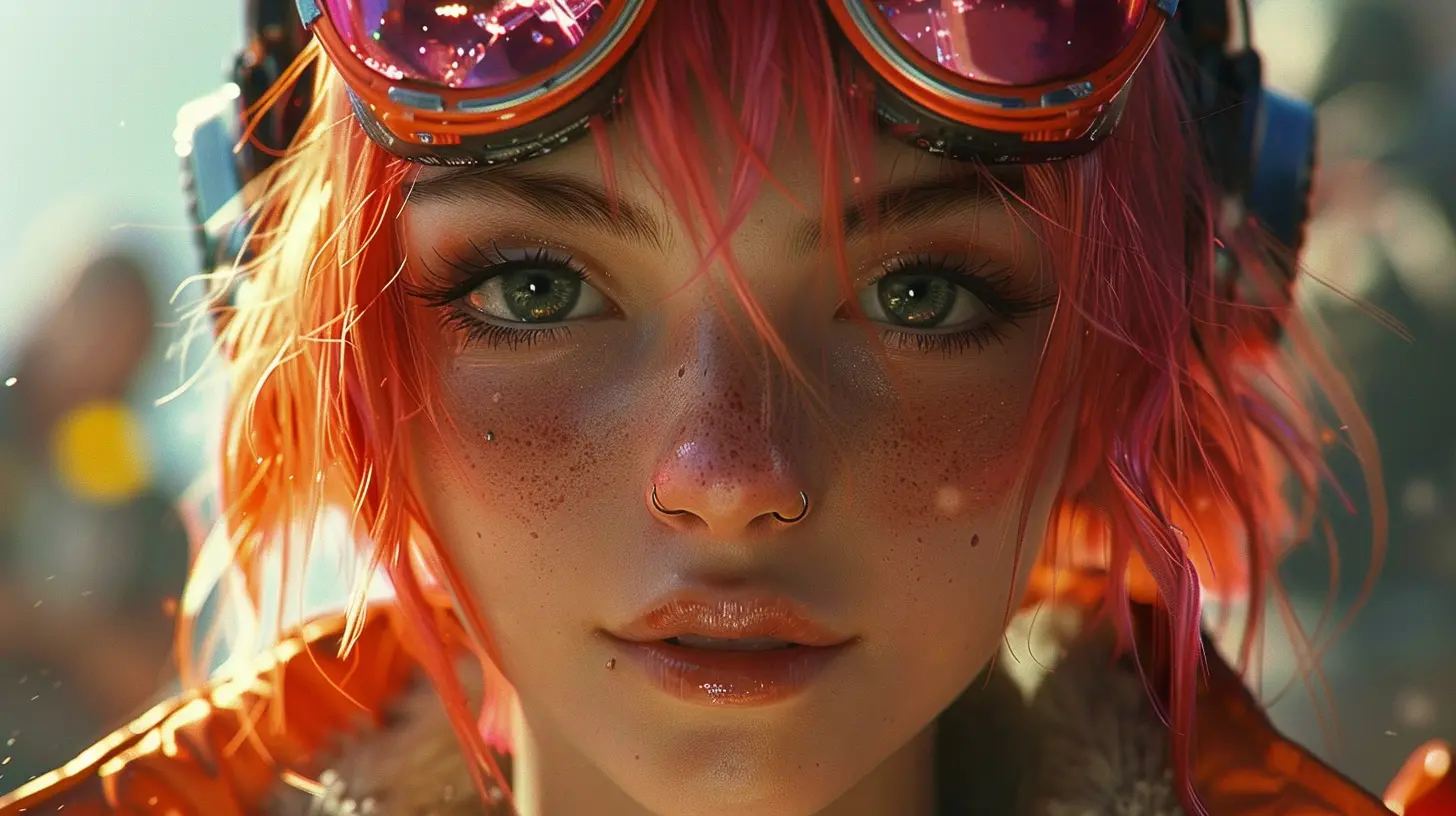
The Social Connection Factor: Building Bonds Through Characters
Gaming isn’t just a solo activity anymore. Whether you’re teaming up in an MMO or flexing your creativity in a social sandbox like The Sims, games often involve some level of interaction with others. And guess what? Your customized character plays a huge role in how you connect with other players.When you design a unique character, you’re essentially saying, “Hey, this is me!” It’s like wearing your favorite band T-shirt to a concert—you’re putting your personality on display. Other players might compliment your design, ask about your choices, or even feel inspired by your creativity. These interactions can strengthen your attachment to your character because they affirm your identity. It’s like your avatar becomes your personal brand in the gaming world.
Plus, when your character becomes part of a shared experience—like defeating a raid boss with your friends—that memory becomes tied to your avatar, making them even more special to you.
Emotional Investment: When Pixels Make You Cry
Let’s not ignore the elephant in the room: we get emotionally attached to our customized characters because, well, they feel real. Maybe not “real” as in flesh-and-blood real, but real in the sense that they matter to us.Game developers know this, by the way. They design stories and scenarios that tug at our heartstrings, making us laugh, cry, and cheer. When your custom character is at the center of these moments, the emotional impact is magnified. It’s no longer just “a character” going through tough times—it’s your character. It’s personal.
Remember that time you failed to protect your companion in a game, and it wrecked you? Or that moment when your character achieved something so epic you wanted to high-five the nearest human? Those emotional peaks and valleys are key to why we bond with our custom avatars. They’re not just characters—they’re us, and they’re also our connection to unforgettable moments.
The Role of Aesthetics: It’s All in the Details
Alright, let’s get shallow for a second. We care about how our characters look. A lot. Whether it’s choosing the perfect armor in Elden Ring or finding the coolest haircut in Cyberpunk 2077, aesthetics matter. Why? Because we associate beauty and style with identity.In a way, customizing a character is like creating a piece of art. It’s an outlet for self-expression, and seeing your creation come to life is incredibly satisfying. When your character looks exactly how you envisioned—10/10 outfit, perfect accessories, killer color scheme—you feel proud. And that pride feeds into your emotional attachment.
It’s like decorating your room or putting together the ultimate outfit for a big date. When everything comes together, it just feels right.
Why It’s Not Just “Pixels on a Screen”
Here’s the kicker: Our brains don’t really differentiate between real-world connections and digital ones as much as you might think. Neurologically speaking, we process emotional bonds in similar ways, whether it’s with people, pets, or yes, even video game characters.That’s why losing a character in a permadeath game (RIP, XCOM squad) can feel like losing an old friend. Our brains are wired to care about things we spend time and effort on, even if they’re technically intangible. So no, you’re not being “silly” for feeling attached to your custom character—it’s just good ol’ human nature.
Conclusion: Why We Love (and Need) Customization
At the end of the day, our attachment to customized game characters is about more than just pixels. It’s about identity, creativity, ownership, and emotional investment. These characters become extensions of ourselves, representing our personalities, our triumphs, and even our quirks.And honestly? That’s what makes gaming so magical. It’s not just about beating levels or collecting loot—it’s about creating something that feels uniquely ours. So next time you spend hours tweaking your character’s eye color or debating between two outfits, just remember: You’re building a little piece of yourself. And that’s pretty darn cool, isn’t it?

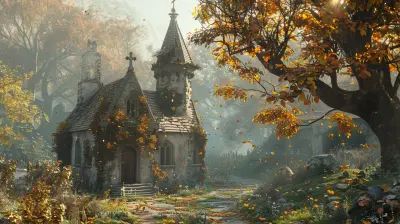

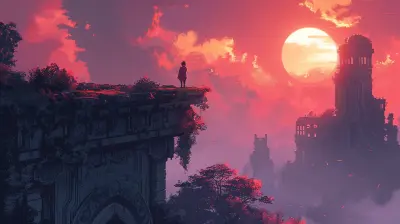
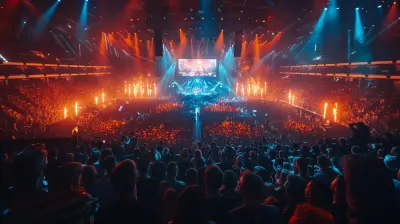
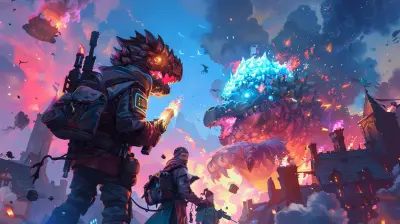
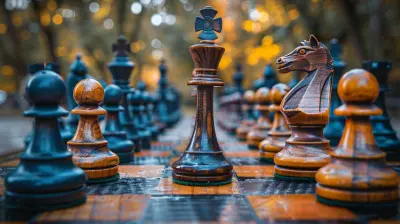
Cypher Mitchell
Who knew pixelated avatars could tug at our heartstrings harder than a rom-com? It’s like we’re all virtual parents, cooing over our unique creations while silently judging their fashion choices. Here’s to the emotional rollercoaster of bonding with our beloved digital doppelgängers—who knew gaming could be therapy in disguise?
March 29, 2025 at 6:11 PM